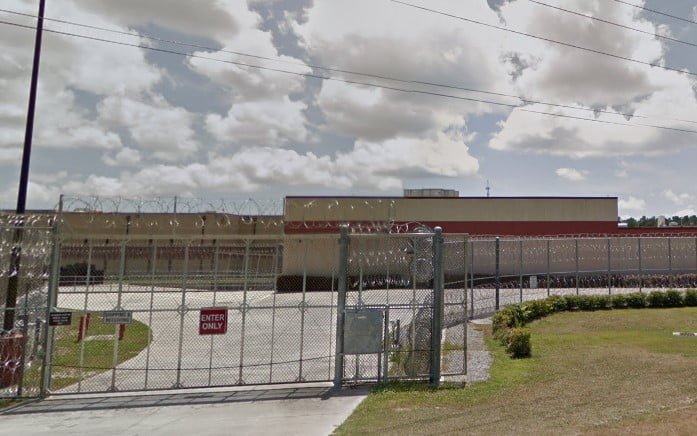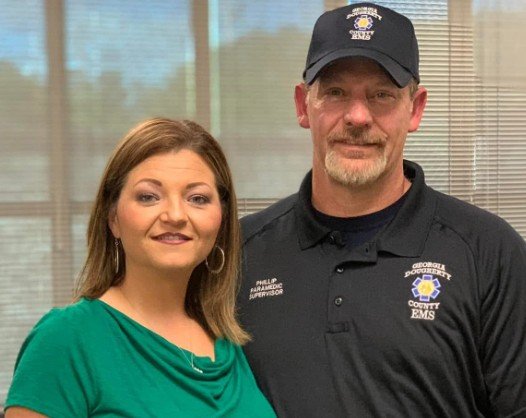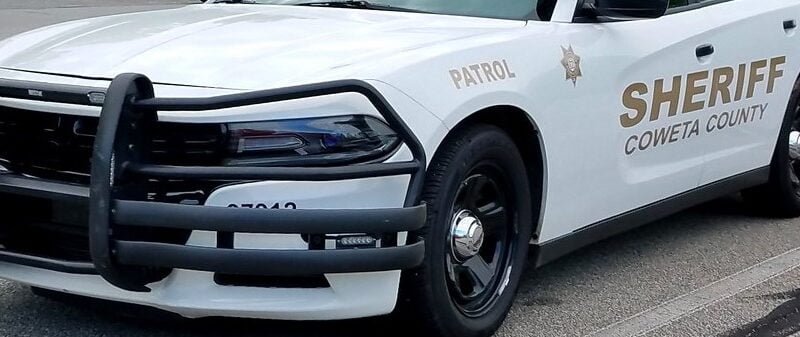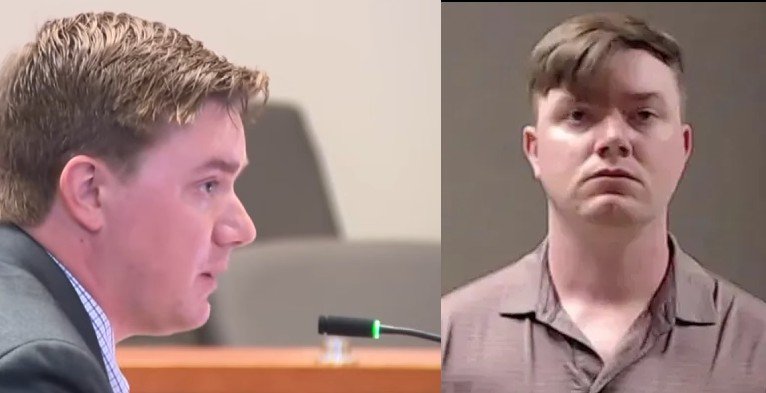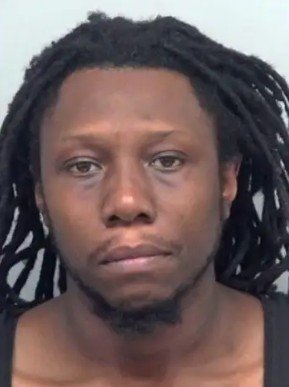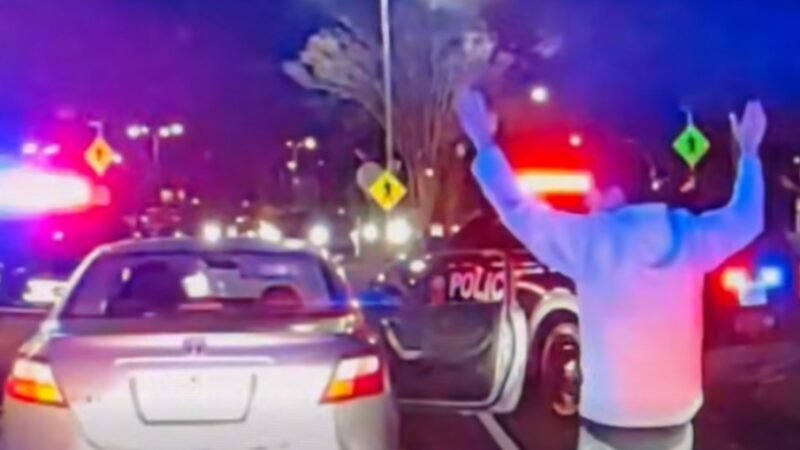Beware of Disaster Scams: U.S. Attorney Issues Fraud Warning Following Hurricane Helene

In the aftermath of Hurricane Helene, which left widespread destruction across Georgia, U.S. Attorney Jill E. Steinberg for the Southern District of Georgia is urging residents to be on high alert for disaster-related fraud targeting those affected by the storm.
“Like moths to a flame, scam artists and profit-chasing individuals too often prey on vulnerable victims of natural disasters, such as those devastated by Hurricane Helene,” said U.S. Attorney Steinberg. “Vigilance is the first defense against fraudsters who would compound the misery of a natural disaster by stealing from those in desperate need of assistance in recovery, and our office stands ready to assist in holding accountable individuals who would take advantage of disaster victims.”
Hurricane Helene’s Impact and Federal Aid
Hurricane Helene, which battered Georgia, prompted President Joe Biden to declare a major disaster for the state, unlocking federal resources to help with recovery. Out of the 43 counties in the Southern District of Georgia, 30 counties are included in the disaster declaration, allowing them to receive federal assistance for rebuilding efforts.
Rise of Disaster Fraud
The U.S. Department of Justice has long been aware of the surge in fraud schemes following natural disasters. In response, the National Center for Disaster Fraud (NCDF) was established in 2005 after Hurricane Katrina to combat disaster-related crimes. The NCDF, a partnership between the DOJ and various law enforcement agencies, investigates and prosecutes fraud cases connected to both natural and man-made disasters.
Since its creation, the NCDF has received over 200,000 disaster fraud complaints. Common examples of disaster fraud include:
- Fake Charities: Fraudsters create fake organizations or impersonate well-known charities to solicit donations for disaster relief.
- Impersonation Scams: Scammers pose as government officials or relief workers, offering aid in exchange for personal information or money.
- Insurance Scams: Criminals impersonate insurance agents to collect bogus payments or steal sensitive information.
- Contractor Fraud: Unlicensed contractors offer quick home repairs, often demanding upfront payment for services they do not complete.
- Price Gouging: Goods and services in high demand during recovery, like water, food, and building materials, are sold at inflated prices by unethical vendors.
Tips for Avoiding Disaster Fraud
To protect against scams, U.S. Attorney Steinberg shared several precautionary measures for residents:
- Verify Charities: Only donate to well-established charities. Verify their legitimacy using trusted resources like Charity Navigator or the Better Business Bureau.
- Ignore Unsolicited Requests: Do not respond to unsolicited donation requests via email, phone, or text. Be cautious of links in such messages as they can be phishing attempts.
- Be Careful with Online Appeals: Even online and social media appeals can be fraudulent. Always verify before giving.
- Safe Donation Methods: Use credit cards or checks for donations, as these methods offer more security. Avoid sending cash, wire transfers, or using mobile payment apps.
- Beware of Contractors: Do not hire contractors who knock on your door or contact you unsolicited. Research and get recommendations from trusted sources, and avoid high-pressure tactics.
- Stay Informed: Remember that legitimate government agencies will never ask for personal information or payments over the phone or via email. Confirm the legitimacy of any request by contacting the agency directly.
“Protect yourself and your neighbors,” Steinberg said. “Fraudsters thrive on vulnerability, but we can prevent them from exploiting disaster survivors by staying informed and reporting suspicious activity.”
Reporting Disaster Fraud
Protect yourself and your neighbors. To report disaster-related fraud, contact the NCDF at (866) 720-5721 or online at www.justice.gov/DisasterComplaintForm.

